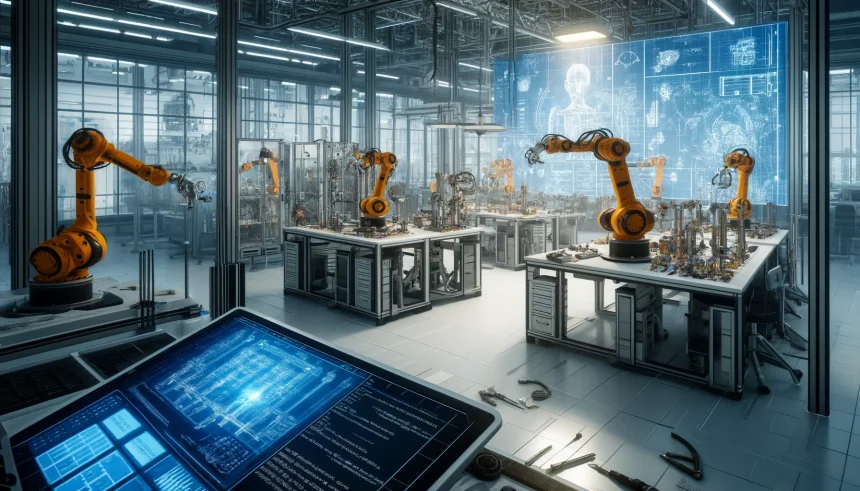In a career spanning nearly three decades, Maja Matarić has significantly advanced the field of socially assistive robotics, focusing on the intersection of human-robot interaction and multi-robot coordination. Currently, she holds the Chan Soon-Shiong Chair and is a distinguished professor of computer science at the University of Southern California. Additionally, she serves as a principal scientist at Google DeepMind. For her substantial contributions to computer science, Matarić has been awarded the ACM Athena Lecturer Award. Further details on her achievements can be found on the ACM Awards page.
Socially Assistive Robotics: A New Frontier
Matarić’s research aims to develop robots that serve as social companions for individuals with specific health, education, and rehabilitation needs. Unlike traditional robots, which perform physical work, socially assistive robots (SARs) are designed to foster long-term human-robot interactions. These robots can aid children with autism in socializing, assist stroke patients in rehabilitation, and motivate the elderly to stay active.
Generative AI Enhances SAR Capabilities
Generative AI has emerged as a significant breakthrough in the development of socially assistive robots. This technology allows robots to engage in natural conversations with users, a leap forward from the pre-scripted dialogue trees used in the past. The integration of language models enables robots to understand and meet individual user needs more effectively, enhancing their capability to support users in various aspects of life.
Collaboration Between Academia and Industry
Matarić underscores the importance of collaboration between academia and industry to advance robotics. She believes that academia’s methodical approach can benefit commercial deployments of robots. However, she acknowledges a disconnect between the academic focus on human-centered research and the industry’s market-driven innovations. Despite this, Matarić remains optimistic about the potential for mutually beneficial collaboration.
Historically, the robotics field has seen significant contributions from both academia and industry. While academic research focuses on theoretical advancements and real-world testing, industry efforts often aim at commercial viability and large-scale deployment. Matarić’s work bridges this gap by emphasizing the practical applications of socially assistive robots, particularly in healthcare and rehabilitation. She advocates for a balanced approach that values both rigorous scientific research and practical industrial applications.
Past developments in socially assistive robotics have laid the groundwork for current innovations. Early research demonstrated the feasibility of using robots for social and healthcare applications, paving the way for more sophisticated technologies like generative AI. These advancements have not only improved the functionality of SARs but also expanded their potential uses in various sectors, including eldercare and education. Matarić’s ongoing work continues to build on these foundations, pushing the boundaries of what socially assistive robots can achieve.
Matarić’s career exemplifies the transformative potential of socially assistive robotics. By focusing on developing robots that enhance human capabilities rather than replace them, she seeks to address critical societal needs. The integration of generative AI into SARs marks a significant advancement, allowing for more meaningful and effective human-robot interactions. As the field progresses, collaboration between academia and industry will be crucial in realizing the full potential of these technologies.
- Matarić advances socially assistive robotics, earning ACM Athena Lecturer Award.
- Generative AI enhances natural conversations in socially assistive robots.
- Collaboration between academia and industry is crucial for robotics progress.










